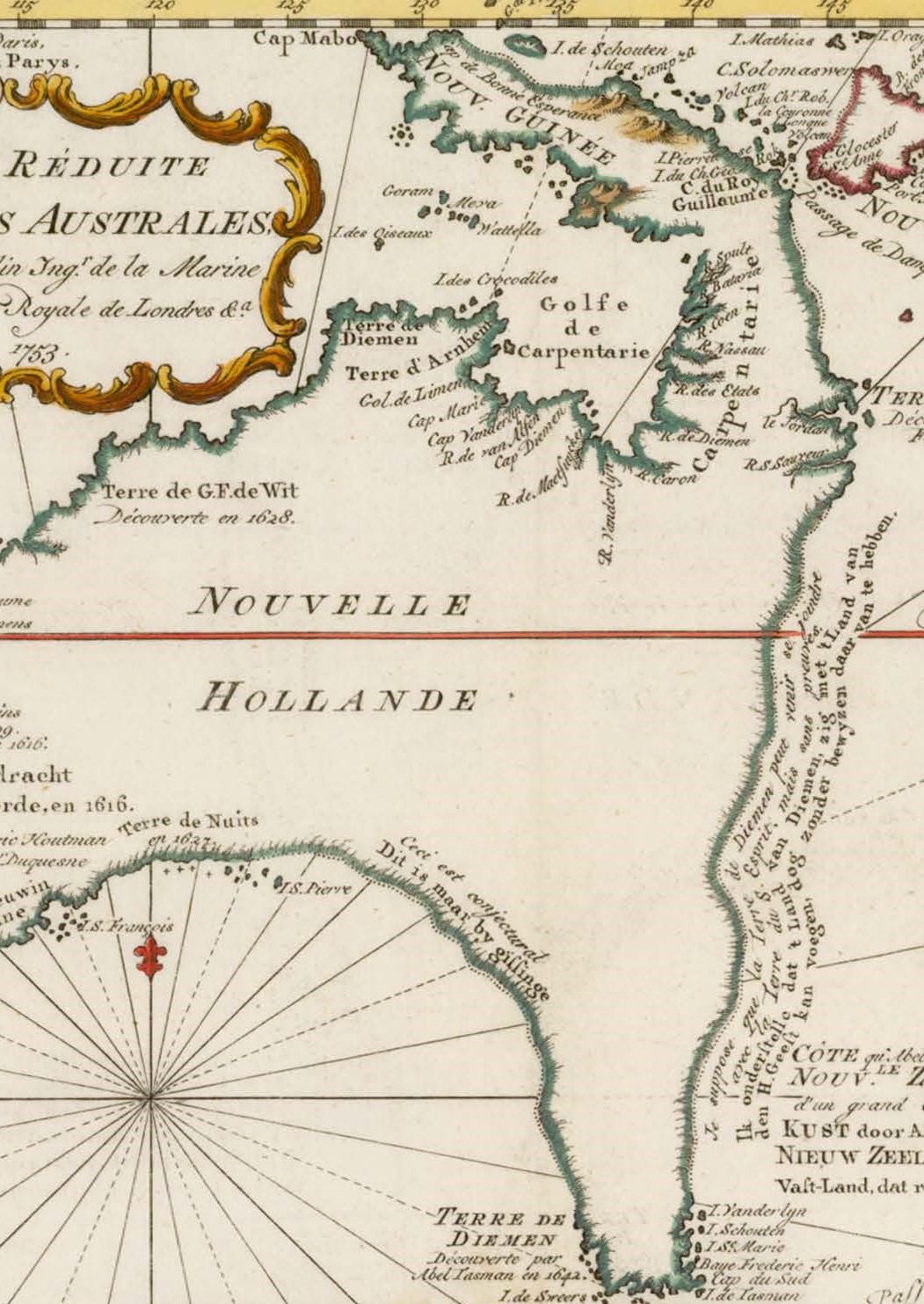A Lantern View from The Ruwenzori Mountain Range
Between Science Communication, Travel Story, and Colonial Propaganda in an Illustrated Lecture Performance from 1932
DOI:
https://doi.org/10.55283/jhk.13616Keywords:
Magic lantern lecture , colonialism , Ruwenzori expedition, Visual communication, Belgian colonial historyAbstract
This article explores the role of magic lantern performances in Belgian colonial history, and their impact on broader discussions on science communication and colonial representations. It centers on a lantern lecture that recounted a scientific expedition to the Ruwenzori mountain range in the Belgian Congo in 1932, extensively illustrated with photographic slides. Our analysis focuses on the performative strategies employed by Ganshof Van der Meersch, the lecturer, to frame his scientific discourse on the Ruwenzori mission. Drawing on visual tropes and the narrative structures of an adventurous travel story, he emphasizes the hardships and heroism of the expedition members. While the scientific aspects of the mission are highlighted, the lecture predominantly portrays the scientific process and the heroic endeavors of the members, rather than delving into the region’s fauna and flora. This narrative reinforces Western superiority over the colonized territory and its inhabitants, aligning with imperialist agendas. Enhanced by captivating visuals, the lecture strategically evokes emotional engagement to solicit financial support. By examining these dynamics, the article unveils the underlying mechanisms behind science communication in service of colonial endeavors. In the broader context of colonial studies and the history of science and knowledge, this analysis contributes to understanding of how performance-based science communication was used to advance the colonial agenda.
Downloads
Downloads
Published
Issue
Section
License
Copyright (c) 2024 Marte Van Hassel, Nele Wynants, Karel Vanhaesebrouck

This work is licensed under a Creative Commons Attribution 4.0 International License.


